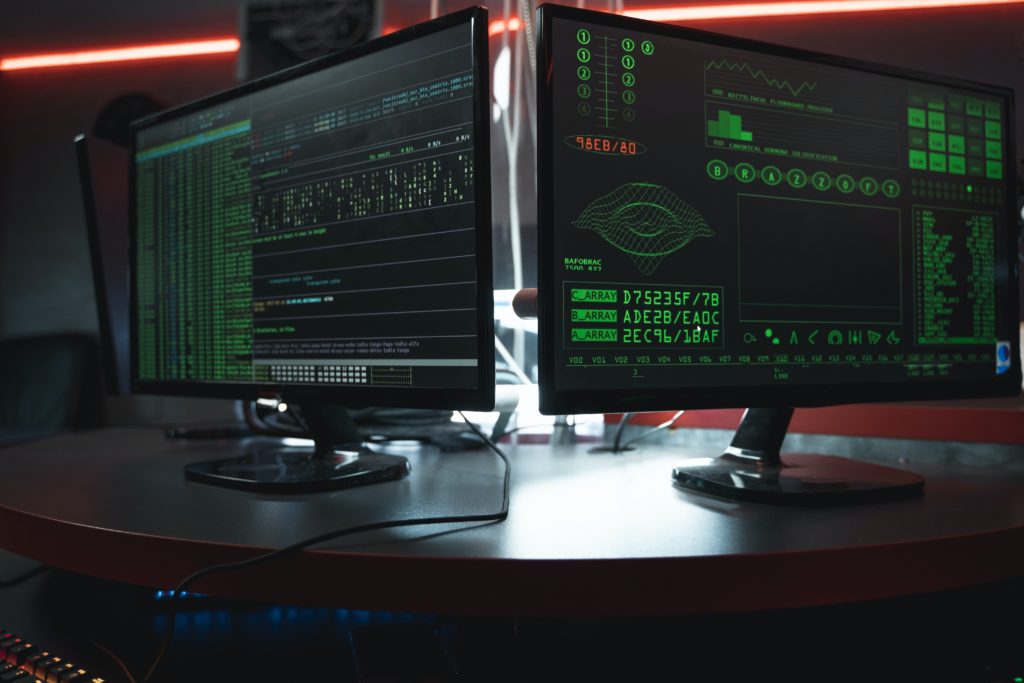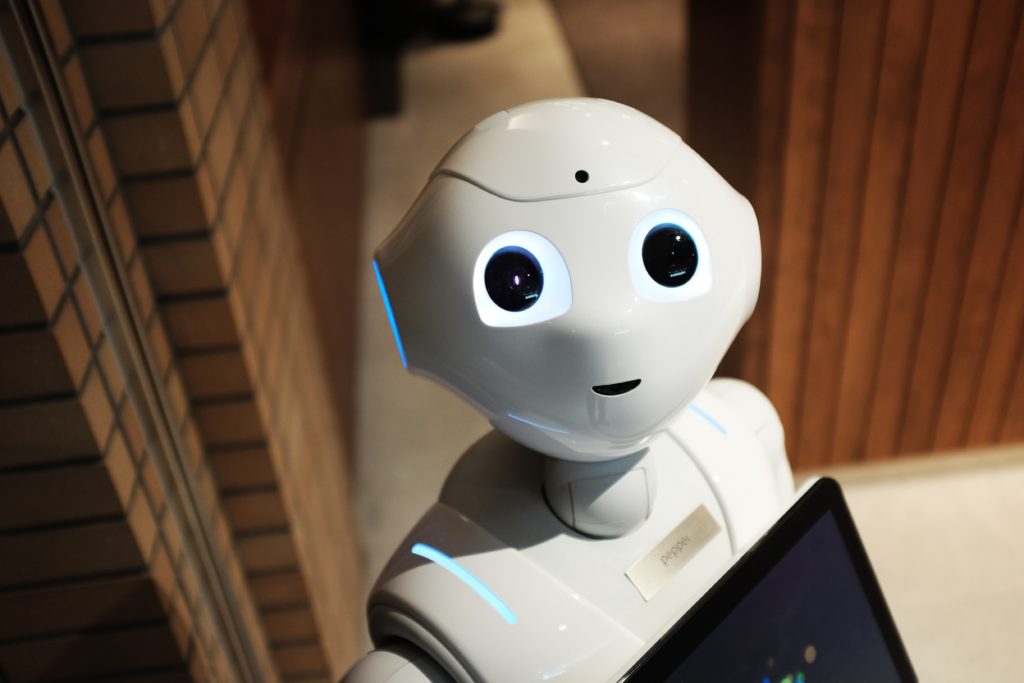Computer programming has come a very long way, and we have the likes of Bill Gates, Linus Torvalds, Mark Zuckerberg, John Carmack, Jack Dorsey, Tim Bernes-Lee, Ken Thompson, and other 21st century programmers to thank for that. These technological geniuses have been instrumental in the significant and exciting growth of the programming field.
Understanding the Concept of Computer Programming
Computers were created to function like the human brain, and just like our brains need to receive signals from the central nervous system to help us function, computers also need to receive instructions to perform different tasks. So, a program is a set of instructions computers follow to perform a variety of tasks, while programming is the process of creating those sets of instructions for computers.
Programming involves the cyclical critical process of planning, designing, testing, launching, and maintaining different programs such as operating systems, word processors, game programs, spreadsheets, website servers, etc. Programming, nonetheless, would be incomplete without programming languages to design the instructions for computers. JavaScript, Python, C, C++, SQL, Java, C#, R, Go, Swift, Pearl, and Ruby, are all programming languages used in the development of computer programs in the 21st century.
The first computer programming language was created in 1883, when Ada Lovelace, a woman who worked with Charles Babbage on his very early mechanical computer, the Analytical Engine, wrote an algorithm for the computer. Lovelace is without a doubt one of the pioneers of programming because programmers today are required to do as she did in understanding and creating complex data structures and algorithms to be successful at programming.
The Programming-Coding Relationship
In the 12 years of my teaching career, one of the most frequent questions I hear students ask is; how can I create my own computer programs? Questions like this are not surprising, because in recent times more advanced aspects of computer science and technology, like coding and robotics, are woven into the learning curriculum of elementary and high schools. As such, a lot of students are eager to put their skills to practice, even though it takes more than the knowledge of coding to create computer programs.

Although the concept of programming can be explained using simple analogies, the process of programming itself involves series of technical steps, from creating algorithms to developing math models and data structures. So, unlike coding, which has become one of the most popularly acquired skills by students and professionals in different fields today, programming requires an in-depth knowledge of computer science. Nevertheless, people understandably confuse programming with coding.
Programming and coding are like two peas in a pod; they exist collaboratively in the same space. You can’t come across one and not encounter the other. So, it explains why some people use the terms interchangeably. Still, programming is a much bigger aspect of computer science than coding, as it entails creating executable software programs that enable computers to perform tasks. Coding, on the other hand, is the process of creating codes to write instructions that computers can understand. While programming is the tree, coding is a branch.
What the Future Holds for Computer Programming
Programming is a rapidly developing field, especially with the massive growth recorded in application and software development over the last decade. However, the technology landscape as a whole is also continuously witnessing new trends, with experts predicting a growing use of Artificial Intelligence (AI) for more technological processes in the near future.

What does this mean for programming? Well, several recent research works have focused on Artificial Intelligence as the next breakthrough in science and technology; but interestingly, recent strides in Artificial Intelligence are centered on improving already existing programming, rather than replacing it.
In June 2020, Facebook Artificial Intelligence researchers announced their newly developed technology “transcompiler,” which converts code from one programming language into another. The new technology converts code from one programming language like DELPHI or PASCAL into C# or JAVA.
Over the next decade, the programming field is expected to record major growth with the widespread implementation of the 5G network. New programming languages are expected to emerge and maximize the features and strength of the 5G network to build fascinating software applications. Programming is a versatile tool that is present in ever-more parts of our lives. Further down the line, who knows what amazing work might be done in the field.
Enjoyed this article? Visit the 4P Academy Blog for more informative pieces on a variety of fascinating topics.

